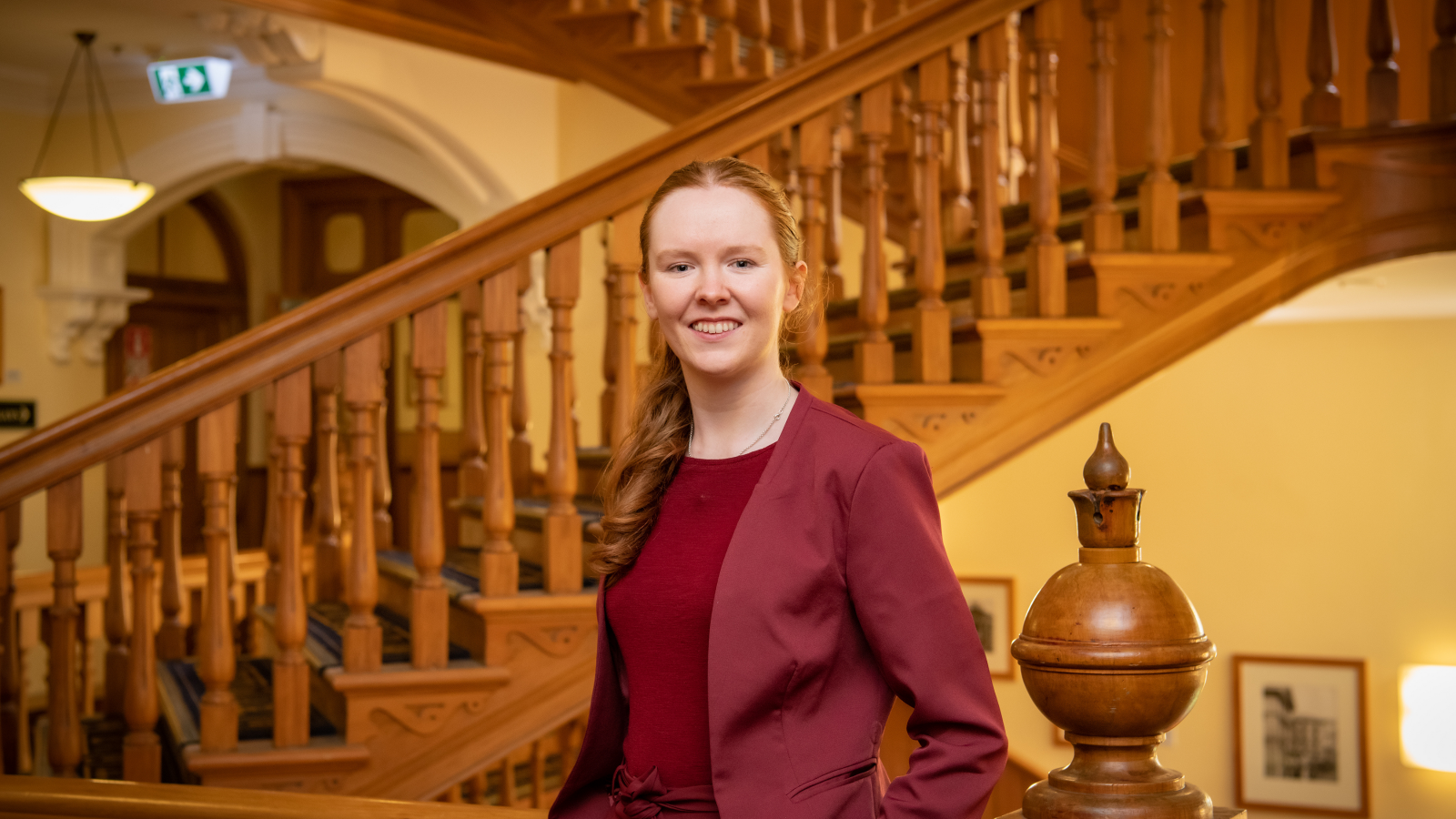
Jessica sees going to Oxford University as training to allow her to give back, and aims to study the Bachelor of Civil Law—“the best postgraduate law degree you can get”—and the Master of Studies in Women’s, Gender, and Sexuality Studies.
Her career goal? The role of Special Rapporteur on Violence Against Women at the United Nations.
Jessica is passionate about using international law to further the rights of women and girls in all parts of the world. “I have always been interested in feminist issues, but it took a personal friend’s experience of violence to make me realise the deficiencies of the current law and inspire me to pursue this field. From that moment, in each law paper I asked myself, ‘how can I bring a gender lens to this?’.”
She thanks Law lecturer Dr Zoё Prebble for helping her understand the urgency of looking at feminist aspects of the law. “I also really want to thank Professor Alberto Costi, who supervised my dissertation, as well as Law Professors Graeme Austin and Geoff McLay, and my French lecturer Associate Professor Jean Anderson from the School of Languages and Cultures.”
Jessica did a student exchange to Paris through Wellington Global Exchange in 2017, and when the opportunity to join the 2019 LabCitoyen human rights conference arose she applied and gained a place. This saw her join young people from 54 different countries to discuss women’s rights in French.
“Some of the best friends of my life came out of this conference. It was amazing to meet young activists that were so passionate about the same things I was, and to recognise that a woman from Algeria, a woman from Mexico, and a woman from New Zealand face many of the same challenges.
“That spurred me to start my charitable trust She’s Right, which aims to raise awareness of the gendered problems facing womxn all over the world. My team and I write educational articles, publish submitted pieces, and translate articles written in French and Spanish into English—the first article I published was by a friend of mine from Algeria who explained how wearing a hijab can be a feminist choice.”
Access to clerkships, including one at the New Zealand Law Commission, a Judge’s clerkship at the High Court, and a role with the New Zealand Institute of International Affairs (NZIIA) were just a few of the opportunities that Jessica gained through studying at the University.
“The Law Commission clerkship was especially rewarding, as it has been a wonderful source of female mentors. I started with the NZIIA as student representative, and I’m now secretary, which has seen me meet so many interesting people,” she says.
New Zealand’s record in terms of women’s rights
One of the misconceptions that Jessica has needed to battle when travelling internationally as a New Zealander is the concept that New Zealand is a paradise of equality.
“From an outsider’s perspective they see our women in positions of power—with our Prime Minister, Governor-General, and our Chief Justice all being female. But we have the highest rate of gender-based violence in the OECD. It is so shameful for New Zealand, that this issue does not get the attention it deserves.
“I think it should be an absolute priority for any government, addressing the fact that domestic violence in particular is a scourge that has gone unabated.”
And more broadly of course, there’s the gender pay gap—though she points out even Iceland, which tops the gender equality charts, is estimated by the Global Gender Gap Index to be many years away from achieving full equality.
“New Zealand needs to step up and recognise that our international reputation must be deserved. We need to get education about gender equality and gender diversity into schools so that we’re teaching kids early. It’s important to take mitigating measures, such as putting resources into Women’s Refuges, and addressing bias against rape complainants in court. But most of all we need to be looking at prevention.”
Jessica knows her horizons will be widened on attending Oxford, but she sees the Special Rapporteur on Violence Against Women as a goal to aim at.
“I feel an obligation to speak out in particular for indigenous women, women of colour, and trans women, who experience the highest relative rates of gender-based violence. They need to be centralised in the gender-based violence discussion.”
Jessica wants to tell future students to find their passion—find the thing that makes their hard work worthwhile and work towards that. “You are probably going to be working in one area for the rest of your life, so make it something that you feel has real worth, that is true to you.”
